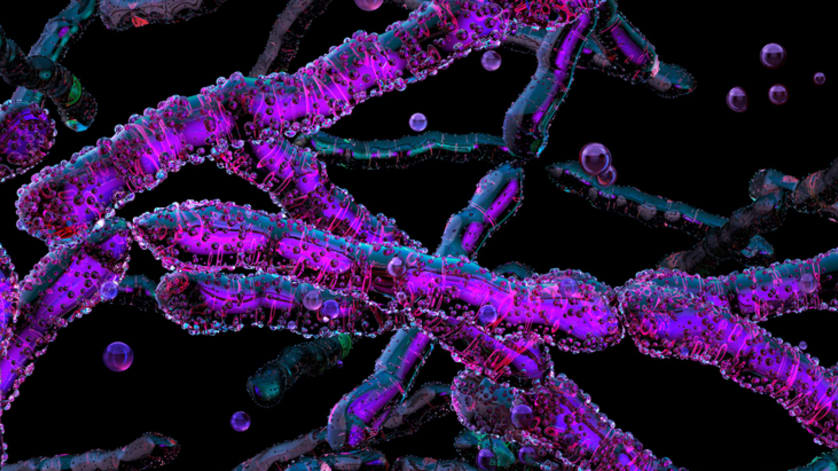
February 27, 2026





Stay up to date with the latest clinical headlines and other information tailored to your specialty.
Thank you for signing up for the Daily News alerts. You will begin receiving them shortly.


November 07, 2024
Conexiant

